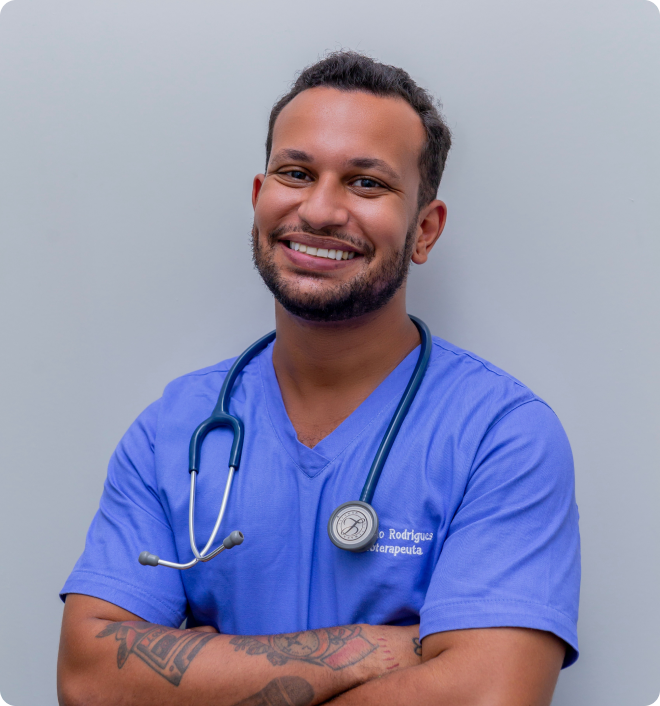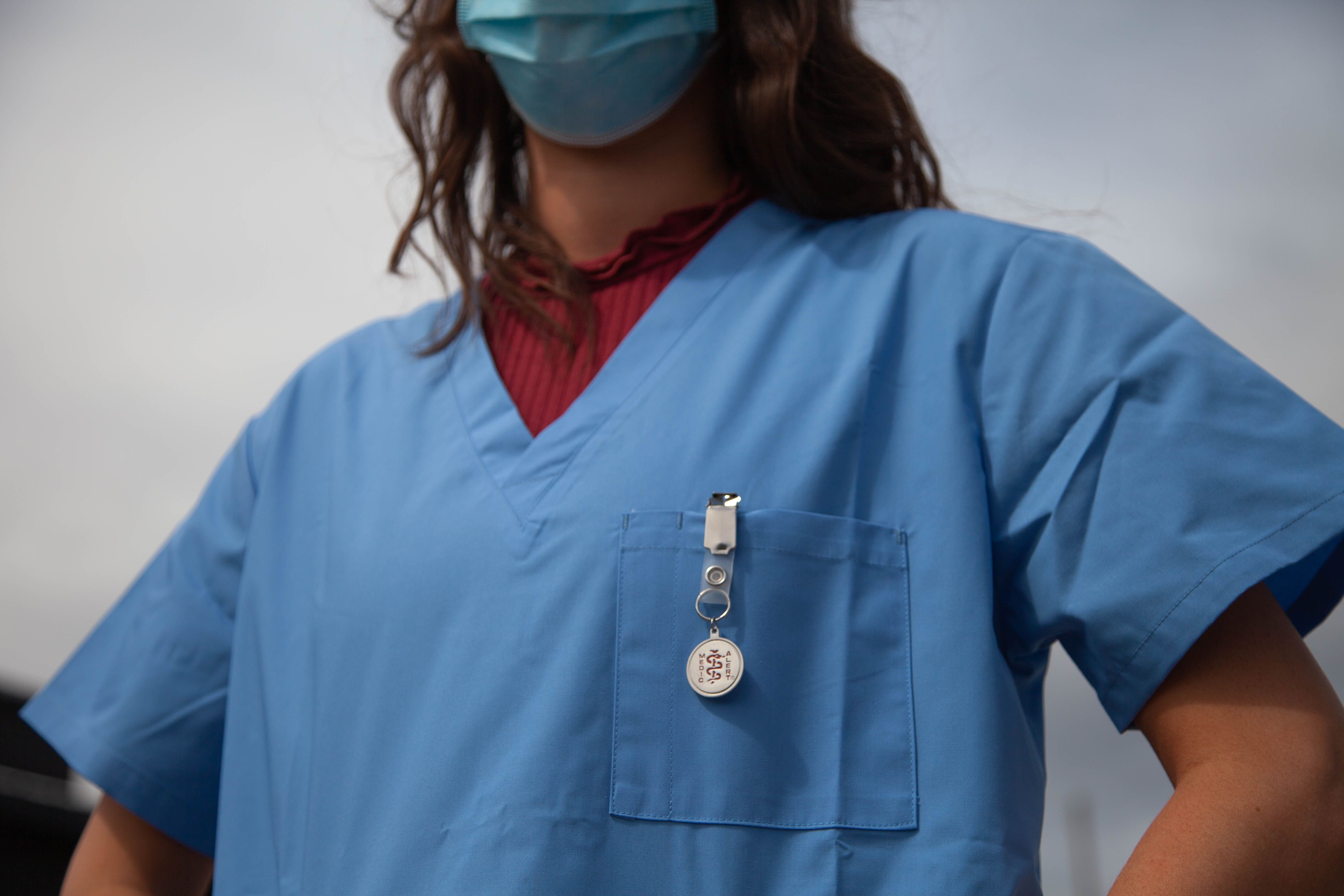Plastic surgeons change and save lives by utilising their skill in reconstructive surgery.
Overview
As a plastic surgeon, your skills will be required in many areas, ranging from skin cancer to head and neck cancer and the excision and reconstruction of both. You may choose to specialise in a number of areas, including hand surgery, breast reconstruction surgery, post bariatric reconstruction and burn surgery.
Paediatric plastic surgeons specialise in many areas, ranging from cleft lip/palate to ear reconstruction and congenital hand anomalies.
With new developments in hand and face transplants, plastic surgery remains at the forefront of surgical innovation. Equally, plastic surgeons pride themselves in their role as innovators at the interface between multiple surgical specialities as personified by Dr Joseph Murray, a plastic surgeon who was the first surgeon to win the Nobel Prize for Medicine.
Training body
CST (see General Surgery)
Core Surgical Training (CST) see General Surgery
In Surgery, initial training equivalent to BST is called Core Surgical Training (CST) of 2 years [known as ST1-ST2] which must completed before applying for HST in relevant Surgical Specialty of up to 6 years [known as ST3-ST8]. CST is included in the General Surgery page but also applies to the other surgrical specilaities.

Higher Specialist Training (HST)
Requirements
- Have completed a Medical Degree.
- Be eligible for inclusion on the Trainee Specialist Division of the Medical Council Register at the time of application.
- Certificate of Completion of Core Surgical Training - CST is a minimum duration of two years of structured Core or Basic training, post internship.
- Successful completion of MRCS part A&B/DOHNS Part B
- For non-Ireland, -UK, -Australia, -Canada, -New Zealand or -US: An IELTS certificate OR the Occupational English Test (OET).



